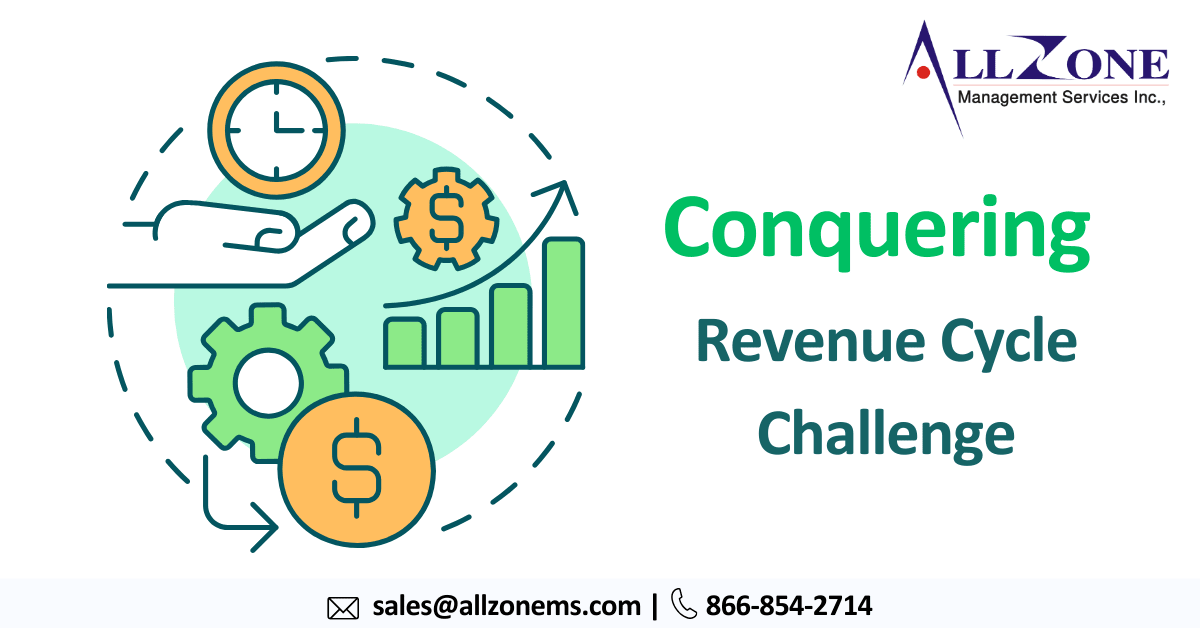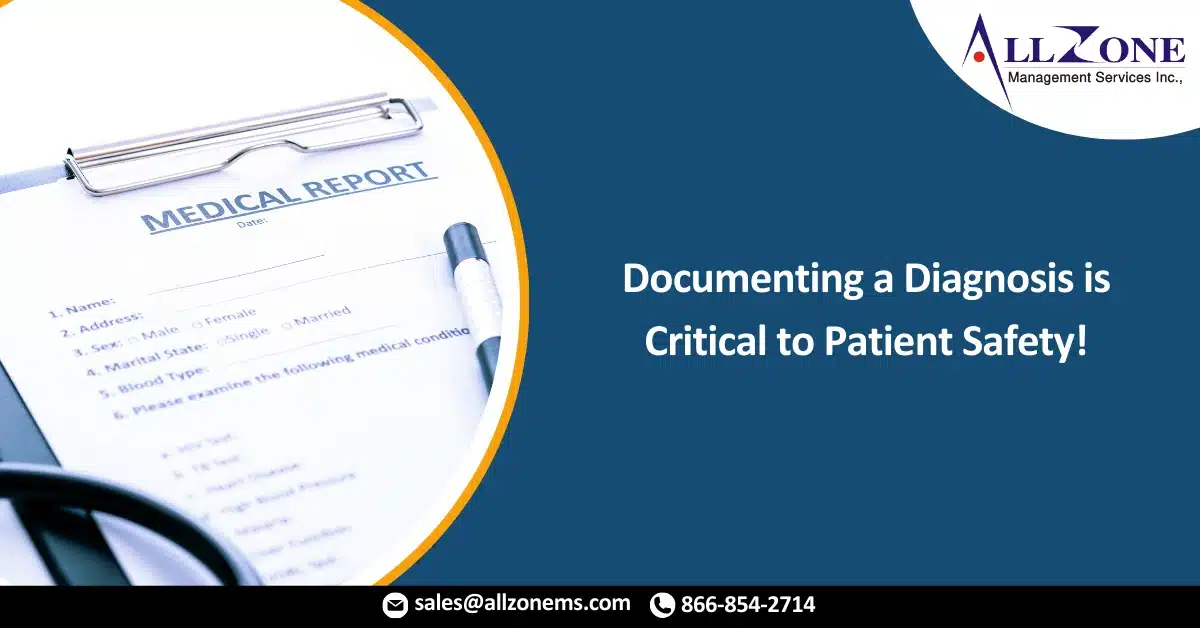In today’s rapidly evolving healthcare landscape, one of the biggest challenges facing providers isn’t delivering care—it’s getting paid for it. The traditional methods of collecting patient balances no longer cut it. As the healthcare consumer grows more empowered, informed, and selective, providers must rethink their strategies to improve patient collections. At Allzone Management Services, we […]
Ideally, revenue cycle processes should flow seamlessly from one stage to the next. However, challenges can arise at any point, from the front end to the back end, requiring leaders to be vigilant and strategic in their efforts. Here are some highlighting executive approaches to various revenue cycle challenges: How Healthcare Services Revamped Their Billing […]
In 2024, factors like declining reimbursement rates, the shift towards value-based care, and ever-changing regulations demand a proactive approach to improve RCM. Here, we explore four key strategies to optimize your healthcare revenue cycle and ensure financial stability in the coming year. 1. Break down Silos: Merging Front-End and Back-End Functions Many healthcare organizations struggle […]
The importance of Revenue Cycle Management (RCM) is no longer just a best practice in today’s ever-changing healthcare landscape – it has become a necessity. In a market where costs are rising, regulations are becoming more complex, and patients are becoming more responsible for their own finances, optimizing the revenue cycle is essential to maintain […]
The healthcare industry is constantly evolving, and with it, so are the processes and procedures that are involved in billing and coding. As we move towards a more digital and technology-driven world, it’s important for healthcare professionals to stay up-to-date with the latest trends and changes in the industry. In this blog post, we’ll explore […]
With the 2022 omnibus bill, Congress ensured that telehealth payment and regulatory flexibilities will continue for at least another two years. That makes it worthwhile for physician private practices to more closely consider how to best incorporate telemedicine into their everyday workflows and ensure that patients get the best virtual care experience possible. The AMA […]
Denial rates serve as a barometer for the financial well-being of healthcare organizations. An increase in denials can have wide-ranging negative implications for an organization — impacting everything from accounts receivable to the patient experience. By preventing denials upfront, providers can realize revenue faster, boost staff efficiency and satisfaction, and reduce patient anxiety related to […]
Providers draw more on-time and uncut payer reimbursements and patient payments by automating these operations with a quality practice management system Via using a quality total practice management system, your company can evade putting as much attempts into accomplishing quality work and rather find effectiveness, accuracy, and peace of mind. An integrated billing and scheduling […]
Documenting a diagnosis in the health record extends beyond its impact on reimbursement and quality-of-care measures. It is also critical to patient safety. One of the more challenging aspects of the work as CDI professionals is physician engagement, which is why connecting the work to the patient level is so important. Many providers don’t want […]
According to U.S. Census Bureau data, over one third of working Americans are millennials, making them the largest generation in the American workforce. Healthcare organizations have thus turned to efforts to attract and retain millennials, who research indicates may harbor a deeper desire for real-time feedback; a sense of purpose, challenge, and enjoyment in their […]










